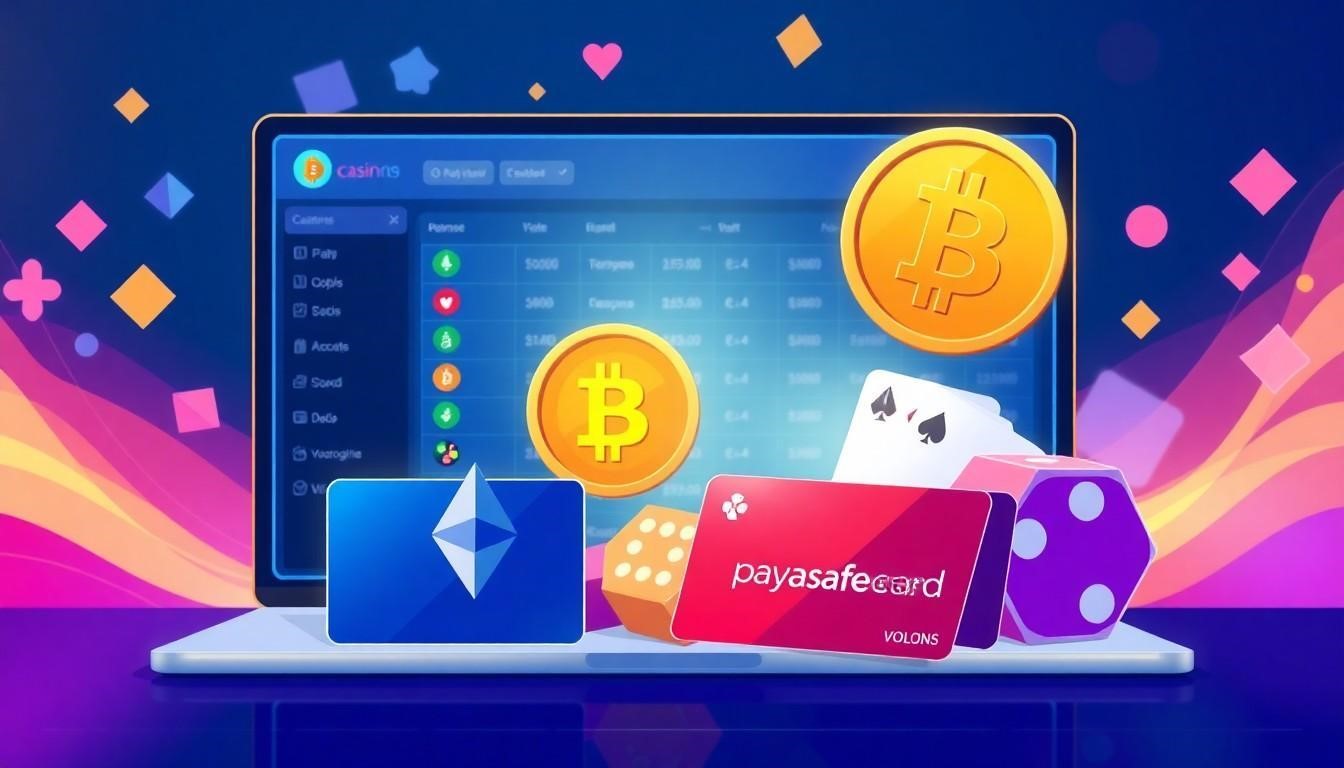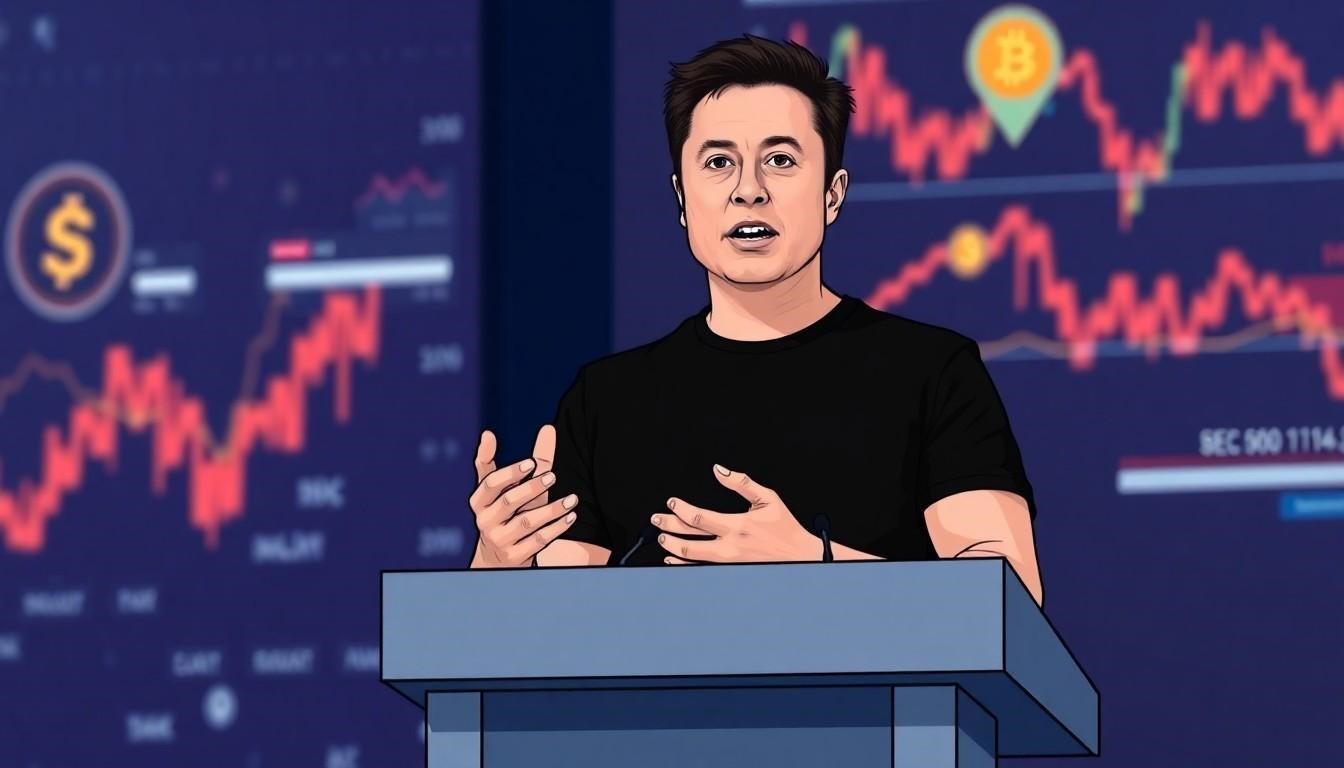Governance tokens, also called governance tokens or havernance tokens, are digital assets that give their holders the right to participate in decisions related to the operation and development of blockchain projects. These can be decisions on the development of new products and features, budget spending, integration or partnership with other crypto projects, and more. That is, holders of a management token have the right to vote in favor of this or that decision, as well as to put forward their own initiatives. As a rule, one token equals one vote.
Management tokens are a type of Utility tokens, so they can have other functions besides voting.
As a rule, the project management system using havernance token is based on DAO (Decentralized Autonomous Organization).
Why do we need havernance tokens and which blockchain projects have them?
Many dApps and entire financial ecosystems, such as DeFi, are built on blockchain technology. The apps themselves are decentralized, but their organizational form was originally centralized, which goes against the nature of blockchain and cryptocurrencies. Therefore, over time, a decentralized blockchain project management scheme, DAO, was developed.
With the decentralized autonomous organization architecture, crypto project communities were empowered to make decisions on many issues related to changes in blockchain projects. And the governance token became a tool for participation in the DAO, as well as a major economic incentive for cryptocommunities and an “incentive prize” for its most active participants. This decentralized governance model of crypto projects allows for their efficient development and consensus building in communities.
A management token in a decentralized protocol can be compared to voting shares of a company, only with the function of direct influence.
Pros and cons of governance tokens
Among the main advantages of havernance tokens are the following.
- Decentralization of management, in which the right to vote is transferred to a wide range of people, the interests of both the organization and users are taken into account.
- The ability to create loyal and active communities. Each management token holder is motivated to vote and improve the project. In addition, holders of the management token can put their proposals to a vote. The data on the voting process and its results are public, which reduces the risk of cheating.
Such a system creates all conditions for making useful and fair decisions on the development of crypto projects.
If we talk about the shortcomings of token management, the biggest problem of these special assets is called the “whale problem”.
The problem is that a few large whales who own a serious share of the management token in a particular crypto project can have a significant impact on the voting results. This takes the blockchain project away from decentralization towards centralized governance.
The second downside is that even with an even and fair distribution of management tokens, there is no way to guarantee that decisions made by the majority will benefit the crypto project.
How to get management tokens
The most popular way to get a management token is airdrop. That is, the issuer accrues a certain amount of tokens to users based on specific criteria. For example, Uniswap listed UNI tokens to everyone who exchanged crypto or was a liquidity provider before a certain date. Later, management tokens end up on trading platforms where anyone can buy them like any other cryptocurrency.
Owning a stewardship token is a good opportunity to participate in the life of a blockchain project you like and change it for the better.










